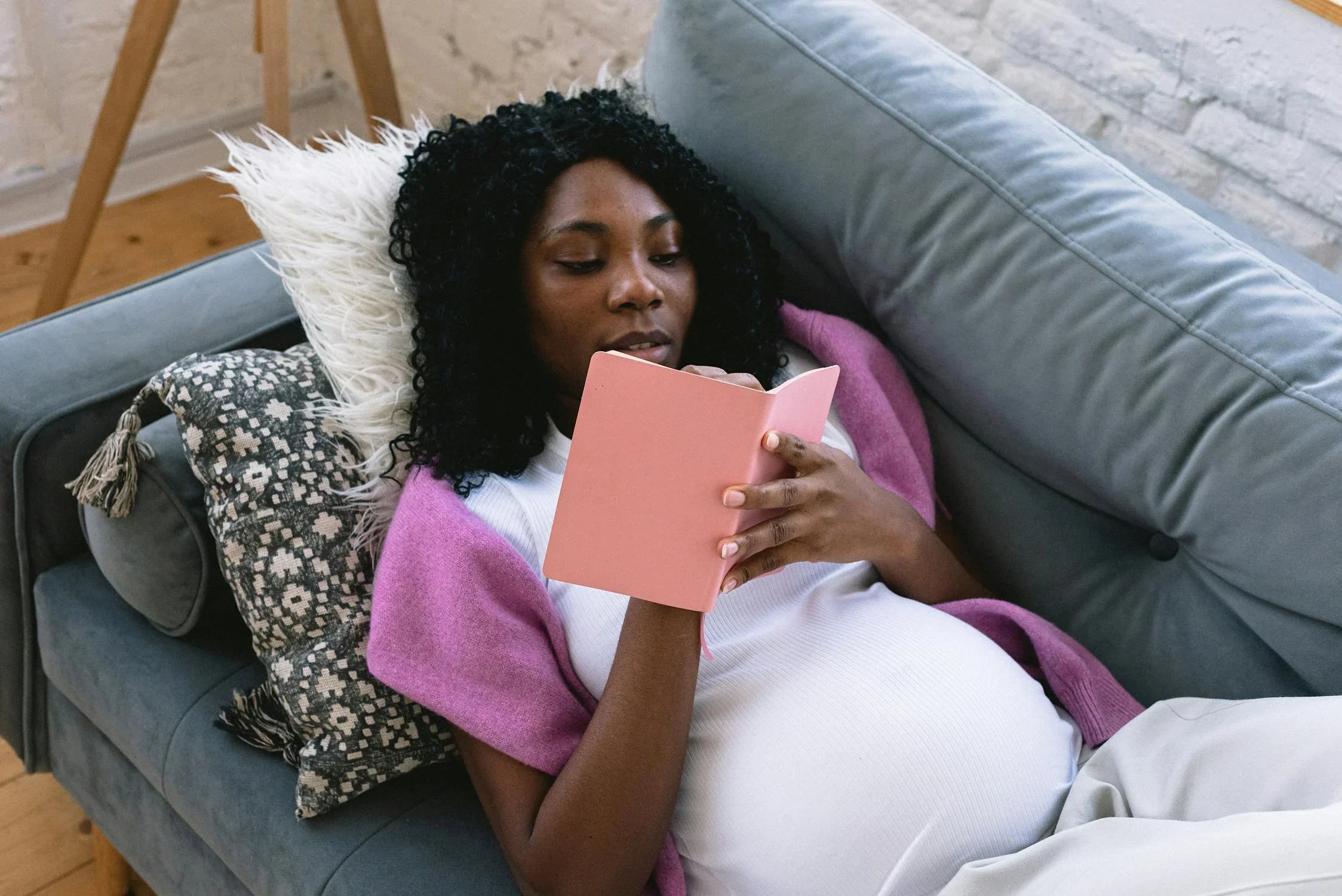Home
Pregnancy, Breastfeeding, and Pumping: The Ultimate Guide for Moms
Can You Take a Pregnancy Test 3 Weeks After Sex? What You Need to Know

Can You Take a Pregnancy Test 3 Weeks After Sex? What You Need to Know
When it comes to pregnancy, timing is everything. If you've had unprotected sex and are wondering whether you can take a pregnancy test 3 weeks after the event, you're not alone. Many people find themselves in this situation, eager for answers but unsure about the best time to test. This article will guide you through the process, explaining when and how to take a pregnancy test for the most accurate results.
Understanding Pregnancy Tests
Pregnancy tests work by detecting the presence of human chorionic gonadotropin (hCG), a hormone produced by the placenta after a fertilized egg attaches to the uterine lining. The levels of hCG increase rapidly in the early stages of pregnancy, doubling every 48 to 72 hours. Most home pregnancy tests are designed to detect hCG in urine, while blood tests conducted by healthcare providers can detect even lower levels of the hormone.
When Can You Take a Pregnancy Test?
The timing of a pregnancy test is crucial for accuracy. While some tests claim to detect pregnancy as early as 6 days before a missed period, the reliability of these results can vary. Generally, it's recommended to wait until at least the first day of your missed period to take a pregnancy test. However, if you're testing 3 weeks after sex, the timing may be appropriate depending on your menstrual cycle and ovulation.
Factors Affecting Test Accuracy
Several factors can influence the accuracy of a pregnancy test, including the sensitivity of the test, the concentration of hCG in your urine, and the timing of implantation. Implantation typically occurs 6 to 12 days after ovulation, and hCG levels begin to rise shortly after. If you test too early, you may get a false negative result, even if you are pregnant. Additionally, certain medications and medical conditions can affect hCG levels, potentially leading to inaccurate results.
How to Take a Pregnancy Test
To ensure the most accurate results, follow the instructions provided with your pregnancy test carefully. Most tests recommend using the first urine of the day, as it is more concentrated and likely to contain higher levels of hCG. Collect your urine in a clean container and either dip the test strip into the urine or use a dropper to apply the urine to the test area. Wait for the specified amount of time before reading the results. A positive result is usually indicated by the appearance of two lines, while a single line typically indicates a negative result.
What to Do If You Get a Positive Result
If your pregnancy test is positive, it's important to confirm the result with a healthcare provider. They may perform a blood test or ultrasound to confirm the pregnancy and estimate the gestational age. Early prenatal care is essential for the health of both the mother and the developing fetus, so schedule an appointment as soon as possible.
What to Do If You Get a Negative Result
A negative result can be disappointing, especially if you're hoping to conceive. However, it's important to remember that a negative result doesn't necessarily mean you're not pregnant. If you tested too early or if your hCG levels are still too low to detect, you may get a false negative. Wait a few days and test again if your period still hasn't arrived. If you continue to get negative results and are concerned about your fertility, consider consulting a healthcare provider for further evaluation.
Other Signs of Early Pregnancy
While a pregnancy test is the most reliable way to confirm pregnancy, there are other early signs and symptoms to watch for. These can include missed periods, nausea, breast tenderness, fatigue, frequent urination, and mood swings. However, these symptoms can also be caused by other factors, such as stress or hormonal imbalances, so they should not be relied upon as definitive indicators of pregnancy.
When to Seek Medical Advice
If you're experiencing unusual symptoms or are unsure about the results of your pregnancy test, it's always a good idea to seek medical advice. A healthcare provider can perform additional tests to confirm or rule out pregnancy and address any concerns you may have. Additionally, if you're trying to conceive or are concerned about your reproductive health, a healthcare provider can offer guidance and support.
Taking a pregnancy test 3 weeks after sex can provide clarity and peace of mind, but it's important to understand the factors that can affect the accuracy of the results. By following the guidelines outlined in this article, you can make an informed decision and take the necessary steps to ensure your health and well-being. Whether you're hoping for a positive result or simply seeking answers, knowledge is your greatest ally in navigating this important aspect of reproductive health.
Share

